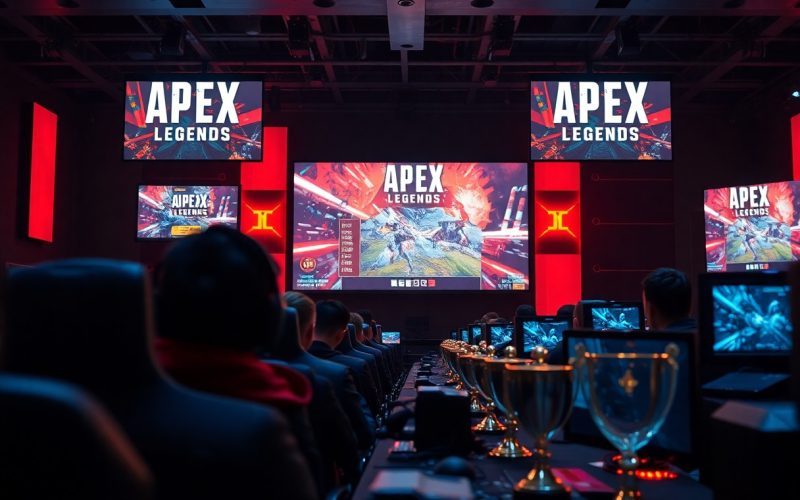Over the past few years, Apex Legends has established itself as a popular battle royale game, favoring fast-paced action coupled with strategic teamwork. With its dynamic character abilities and a variety of maps, players have found enjoyment in teaming up with friends or going solo to secure a victory. However, one notable aspect of Apex Legends that invites scrutiny is its reliance on a 3-player team format. This particular structure has sparked discussions about its implications for gameplay, competitiveness, and player experience.
One primary concern surrounding the 3-player format is its intensity when compared to other common team structures in similar games. Many battle royale titles, such as Fortnite and PUBG, offer modes with diverse team sizes, including solo and squad options of various counts. This flexibility allows players to choose a format that best suits their playstyle, whether they prefer the solitude of battling alone or the camaraderie found in larger groups. In contrast, Apex Legends’ strict 3-player limit can feel restrictive and may leave players with mixed satisfaction levels.
Moreover, teamwork requires three players to function coordinately. In many cases, if one player falters or disconnects, the team may struggle to maintain efficiency against opponents. When a player underperforms or disengages, it leaves the remaining duo at a significant disadvantage. The concept of reliance on teamwork becomes even more pronounced given the hero-based design of the game, where each character brings unique strengths and weaknesses. A well-rounded team composition can be critical; for instance, if a team lacks a healer or defensive legend, they may face insurmountable odds. When one player cannot fulfill their role, it results in an uneven battlefield where the opposing team can easily capitalize on such deficiencies.
Additionally, the issues extend to the matchmaking system. With a fixed team size of three, players often find themselves paired with random individuals. This lack of communication or coordinated strategies can diminish the overall enjoyment and effectiveness during gameplay. Players unfamiliar with their teammates’ methods may engage in conflict, leading to disputes or inefficient teamwork. Such experiences might discourage newcomers from continuing to play, impacting the game’s longevity and community engagement.
On a broader scale, the reliance on a trio format can limit the game’s ability to incorporate diverse modes and experiences. Other successful games explore the notion of larger squads, allowing for distinct gameplay styles and opportunities for players to adapt creatively. This could foster more variety in terms of game mode options, providing a new layer of tactics and strategies through tailoring team sizes dynamically.
To put it briefly, while Apex Legends showcases numerous engaging elements, its unwavering commitment to the 3-player format presents challenges that affect gameplay and player satisfaction. The balance between team reliance and individual performance creates a unique dynamic, but it also demands exploration of other formats. Doing so might elevate the game further and allow for a broader audience to engage fully with both the mechanical intricacies and the social aspects associated with battle royales.






